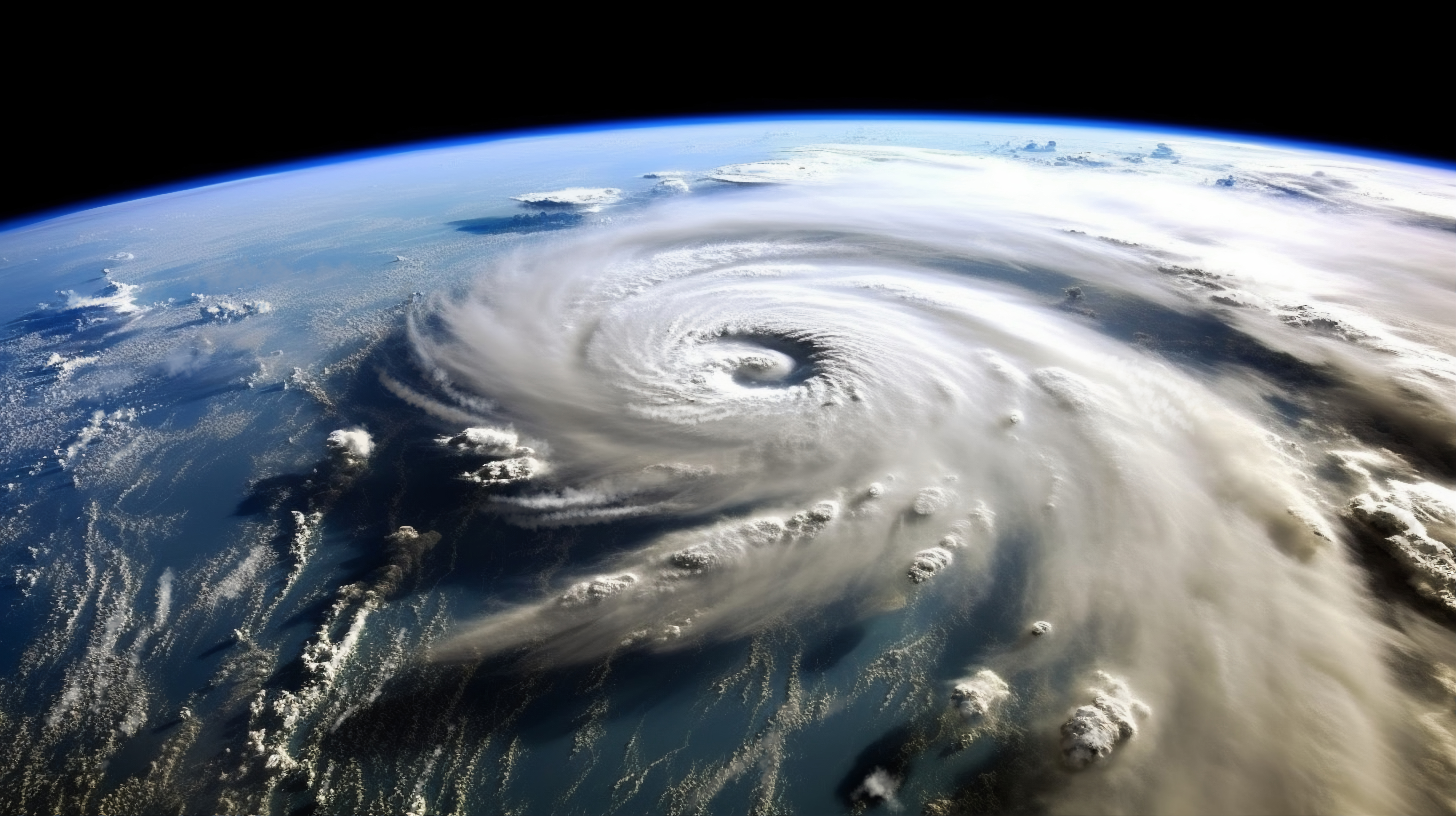WASHINGTON (June 2, 2025) – According to the National Oceanic and Atmospheric Administration (NOAA), 2025 is forecasted to have an above average hurricane season for the Atlantic.
Hurricane season, which goes from June 1 to November 30, is predicted to have 13 to 19 named storms, 6-10 of which are forecast to become hurricanes (classified by 74 mph or higher winds) and 3-5 major hurricanes (classified by 111 mph or higher winds).
NOAA officials say the most dangerous storms can escalate in intensity quickly, so it is important for everyone to understand forecasts and be prepared before storms start forming.
George Washington University has experts available to offer insight, analysis and commentary. To schedule an interview with an expert, please contact GW Media Relations at gwmedia gwu [dot] edu (gwmedia[at]gwu[dot]edu).
gwu [dot] edu (gwmedia[at]gwu[dot]edu).
Public Health
Susan Anenberg is director of the GW Climate & Health Institute and associate professor of environmental and occupational health. Her research focuses on the health implications of air pollution and climate change. Recently her team published two studies finding links between health problems like asthma and exposure to polluted air.
Gaige Kerr is a senior research scientist and professorial lecturer in the department of environmental and occupational health at the GW Milken Institute School of Public Health. He researches ambient air pollution, and projects he has led span topics ranging from understanding the emission sources of pollution to assessing the health impacts experienced by populations, with a special emphasis on understanding associated ethnoracial and socioeconomic disparities.
Carlos Santos-Burgoa, is a professor of global health and environmental and occupational health at the GW Milken Institute School of Public. His interest is in toxic chemicals risk analysis, management and control of their population and climate impacts, and public health approaches to crises in epidemics and disasters in developing economies. He was the lead researcher on the landmark report GW researchers released after Hurricane Maria.
Elizabeth Andrade, is an assistant professor of prevention and community health at the GW Milken Institute School of Public Health. She was part of a team of GW researchers who conducted the most comprehensive study of the impact of Hurricane Maria on Puerto Rico. She can talk about power outages associated with hurricanes and how they can be particularly deadly for older adults and people who are managing a chronic condition.
Climate Change
Lisa Benton-Short is a Professor Emerita of geography at the GW Columbian College of Arts & Sciences who studied urban sustainability, environmental issues in cities, and cities and immigration. Benton-Short can discuss the impact of climate change in amplifying natural disasters and the underlying forces at play that amplify the impacts of natural disasters. She can also speak to the steps that can be taken to help make cities and communities more resilient in the face of natural disasters.
Housing, Insurance & Natural Disasters
Stephen O’Connor, research professor of real estate at the GW School of Business and the chair of The Center for Real Estate and Urban Analysis at GW, has 30 plus years of professional real estate experience with a background in planning and public policy. O’Connor can discuss how climate change is impacting the insurance industry, how communities are adapting to disaster-prone areas (i.e., some towns are trying to change their zoning to encourage development in less-prone areas), and how other places are implementing buy-back strategies.
Disaster Management
Joseph Barbera, associate professor of engineering management and systems engineering, is a board-certified emergency physician with a 35-year history in developing emergency response systems and responding to local, national, and international emergencies and disasters. He has extensive experience participating in the management of response to earthquakes, tsunamis, and hurricanes, such as Katrina in 2005. Through the GW Institute for Crisis, Disaster, and Risk Management, he studies disaster response and recovery, risk management, and business continuity.
-GW-



